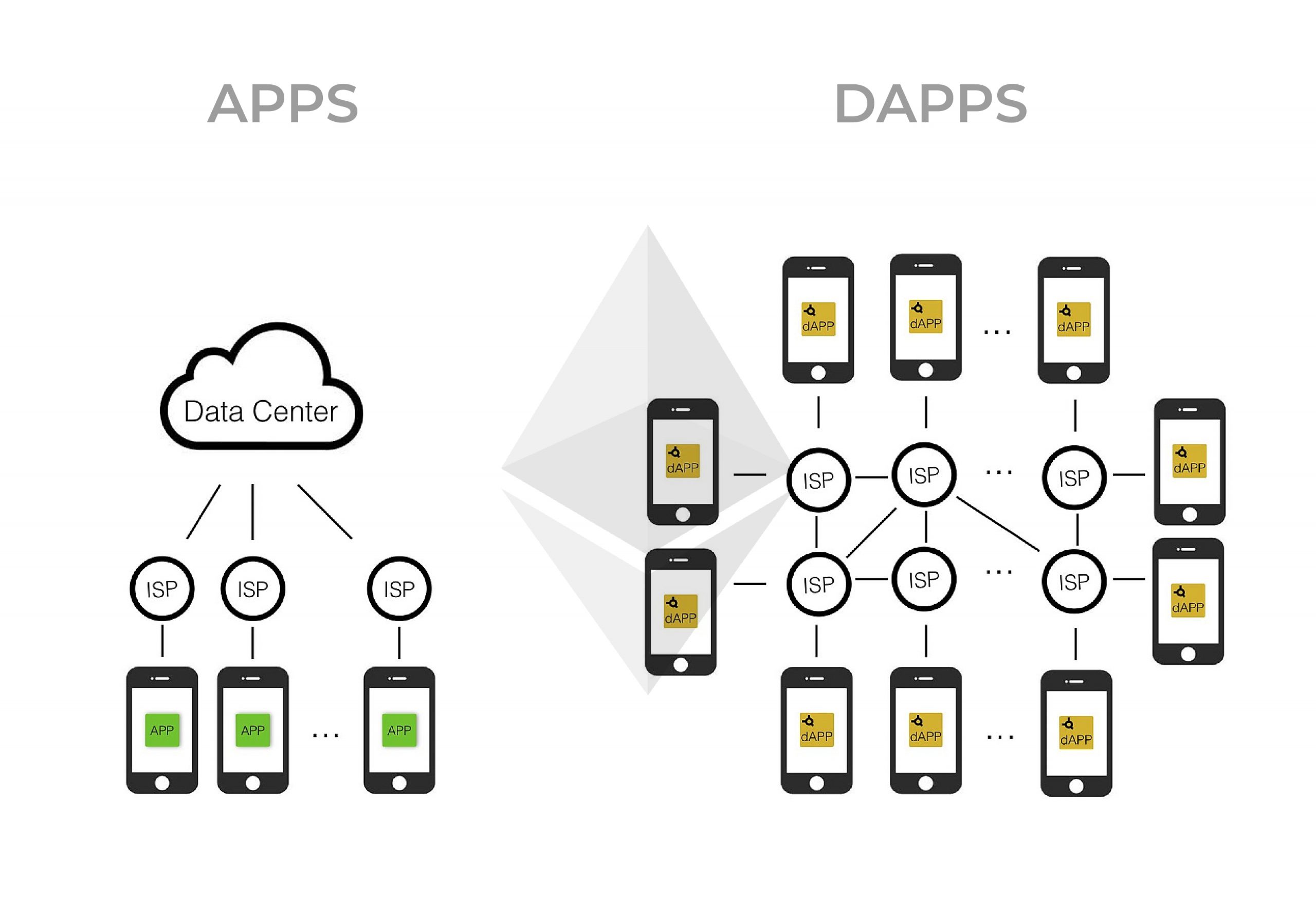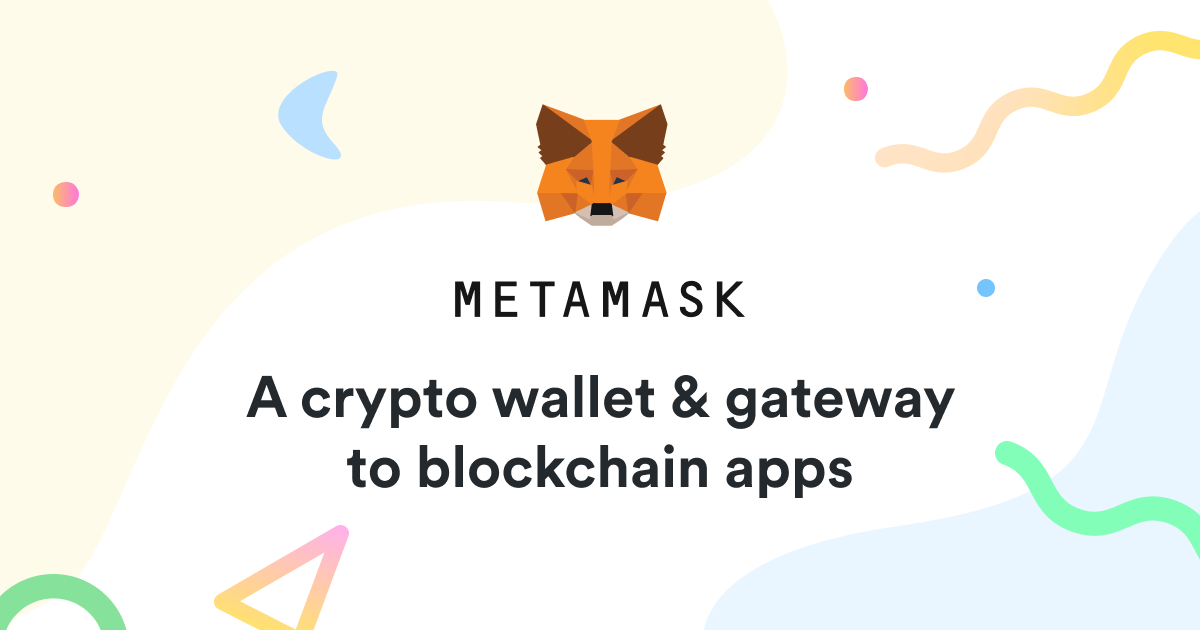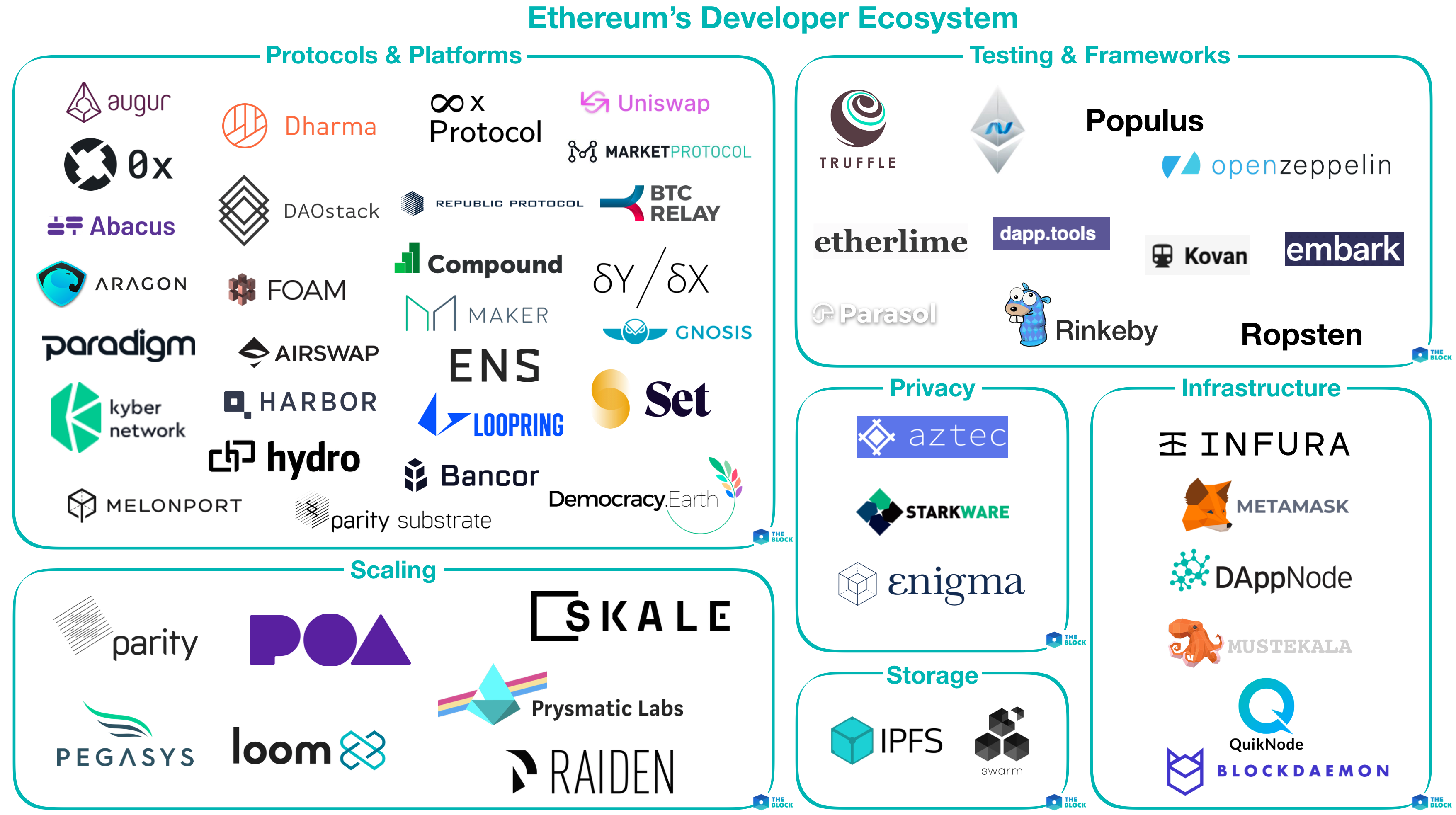- Glossary ›
- Blockchain Terms ›
- dApps
dApps
Definition of ‘dApps’ - A decentralised application is an application that can operate autonomously, typically through the use of smart contracts, that runs on a decentralized computing, blockchain system.
What are dApps?

dApp Definition - A decentralized application, or dApp, is an application that can operate autonomously, typically through the use of smart contracts, that runs on decentralized computing, blockchain systems. dApps are open source and often have user-generated content.
The best dApps are designed to run exactly as programmed without any possibility of downtime, censorship, fraud, or third-party interference.
As an open-source network, Ethereum is considered to be one of the most secure blockchain technologies in existence. TUsers have created their own functional, beautiful, and unique versions of their favorite apps using the Ethereum protocol to utilize the decentralized web. Here are some of the most popular dApps currently in use today:
Decentralized Exchanges (DEX): All cryptocurrencies rely on the concept of decentralization. A decentralized exchange is a market that doesn’t rely on a central authority to hold assets or operate trades. Instead, trades are made via smart contracts, with no middlemen involved.
0x Protocol is one example of a decentralized exchange, and it uses its token, ZRX, to pay for transaction fees. On 0x, users pay transaction fees in ZRX to trade on the decentralized exchange. Users can also earn dividends in ZRX by putting their tokens on a hot wallet, as a means of incentivizing exchanges. Some other DEX platforms include Tokenlon, Uniswap, Venus, Katana, PancakeSwap, etc.

Decentralized Asset Management (DAM): Just like decentralized exchanges, decentralized asset management offers a way for users to trade assets without having to rely on a third party. In other words, a decentralized asset management solution will provide users with access to markets without the need for a centralized infrastructure. Decentralized Asset Management also is starting to gain some traction as a platform for investing. Iconomi, Tontine Trust, and LedgerX are early players in the market for decentralized asset management. Others include Zerion, Set Protocol, DeFi Saver, Gnosis, dHEDGE, etc. dApps and blockchain-based systems can benefit from decentralization to ensure network security and accuracy. Decentralized applications are often peer-to-peer, meaning that there is no central point of failure.
Cryptocurrency Wallets: Cryptocurrency wallets are a perfect example of a dApp. They are decentralized, meaning they are not controlled by any one entity. Instead, they are run by the users themselves. This makes them incredibly secure, as there is no one point of failure. Additionally, cryptocurrency wallets are open source, meaning that the code is available for anyone to review and audit. This helps ensure that the wallets are trustworthy and reliable. Examples include Coinbase Wallet, Exodus, MetaMask, Trezor Wallet, Coinomi, etc.

Token Launchers: Token launchers are a type of dApp that allows users to launch decentralized applications from within their browsers. This makes it easy for users to access and use dApps, without having to install any additional software or plugins. Token launchers also provide a user-friendly interface for browsing and interacting with dApps.
Gaming dApps: Gaming dApps are a great example of how dApps can be used to improve user experience. Gaming dApps can provide a more immersive experience for users by incorporating features such as game-specific currencies and rewards, leaderboards, and social networking. This can help keep users engaged and encourage them to return to the game. Examples include CryptoKitties (a game that allows users to buy, sell, and breed digital cats), Etheremon, MyCryptoHeroes, Axie Infinity, ChainSoldiers, Gods Unchained, etc.

Social Networks: These allow you to communicate and interact with others on the network. Examples include Yup, Steemit, PeakD, Ecency, Hive Blog, SOMESING, APPICS, Liketu, Wherein, DTube, etc.
dApps are made possible by blockchain technology, which allows for the creation of decentralized networks that can be trustless and censorship-resistant. In a DApp, there is no central authority controlling the network or data. Instead, dApps are powered by the users of the network. This makes dApps more democratic and secure than traditional applications.
The dApps ecosystem is growing rapidly, with new dApps being launched every week. While there are currently around 1000 dApps in existence, this number is slated to grow significantly in the coming years. This growth is being fueled by the increasing popularity of blockchain technology and the development of new platforms that make it easier for DApp developers to create and deploy their applications. Several factors could contribute to the success of dApps. These include:
- The increasing awareness and adoption of blockchain technology
- The development of better platforms and tools for DApp development
- The increasing demand for decentralized services and applications
- The growing interest in cryptocurrency and tokens
If these factors continue to develop, dApps could very well experience significant growth in the coming years. This would provide a great opportunity for developers and users to get involved in this exciting new ecosystem.

How do dApps work?
dApps are powered by the users of the network. This means that dApps are not controlled by a central authority, but instead rely on the users to operate. dApps are also typically powered by blockchain technology, which allows for the creation of decentralized networks that can be trustless and censorship-resistant. In a DApp, there is no single point of failure, as opposed to traditional applications which can be hacked or shut down. This makes dApps more secure and reliable than traditional applications.
What are the benefits of dApps?
There are several benefits of dApps, including:
- Security: dApps are more secure than traditional applications because they are run on decentralized networks. This makes them less vulnerable to cyber-attacks and data theft.
- Transparency: dApps are transparent by nature as all transactions and operations are recorded on the blockchain. This ensures that there is no hidden agenda or manipulation of data.
- Efficiency: dApps are more efficient than traditional applications as they do not require a central authority or third party to function. This makes them faster and cheaper to use.
- Decentralization: dApps are decentralized, meaning that they are not controlled by a single entity. This gives users more control over their data and allows for greater innovation.
- Autonomy: dApps are autonomous, meaning that they can operate without any external interference. This allows for greater freedom and creativity.
- Earning Rewards: Users who participate in dApps can earn rewards in the form of tokens or cryptocurrency for their contributions.
- Diverse Applications: dApps can be used for a variety of purposes, including gaming, finance, social networking, and more.
What can dApps do?
dApps can do many things, including but not limited to:
- Store and manage data
- Provide access to content or services
- Facilitating contract negotiations and executions
- Manage payments and financial transactions
- Store or use information about users or their behavior
- Acting as decentralized marketplaces or social networks.
Which Crypto has dApps?
dApps can be built on many different blockchains, but the most popular platform for dApps is Ethereum. Ethereum is a blockchain that allows for the creation of smart contracts, which are agreements that are automatically executed when certain conditions are met. Ethereum also allows for the creation of decentralized applications. Other platforms for dApps include Bitcoin and EOS.
FAQs
Are dApps legal?
The legality of dApps varies from country to country. In some cases, dApps may be illegal because they violate local laws. In other cases, dApps may be legal but require special licenses or permissions. It is important to check the legality of dApps in your jurisdiction before using them. Additionally, many countries are still debating how to regulate cryptocurrency and how to approach blockchain technology. This means that it is important to check with a local attorney before engaging in cryptocurrency-related activities.
Can you make money from dApps?
Yes, dApps can be monetized in a variety of ways. dApps can generate revenue through advertising, transaction fees, or selling products or services. dApps can also be tokenized, which means that they can use a token system to reward users for participating in the network.
Are dApps safe?
Yes! The security of a dApp depends on several factors, including the strength of the underlying blockchain network and the quality of the dApp's code. That being said, dApps do have some inherent security advantages over traditional applications. For example, dApps are much more difficult to hack because they run on a decentralized network. Additionally, dApps are often transparent and immutable, meaning that it is difficult for hackers to modify or delete data without being detected.
Despite these advantages, dApps are not infallible and can still be hacked if the underlying blockchain network is weak or the code is flawed. So, it is important to do your research before investing in a dApp and make sure that you trust the developers who created it.
Why are dApps becoming more popular?
dApps are becoming more popular because they offer some advantages over traditional applications. These include increased security, autonomy, and transparency. dApps can also help to promote the decentralization and democratization of various industries. In the case of CryptoKitties, it was well-received because it offered a new use for blockchain technology. The novelty allowed users to be able to interact with each other in a way that they had never been able to before. It also helped to educate people about the technology and how it could be used.
Join Hashnode - the dev community of over a million active developers.
Over 100,000 tech blogs and growing. Be a part of an active community of developers, tech enthusiasts and creators. Blog on a personal domain, share ideas, and connect with the global tech community.
